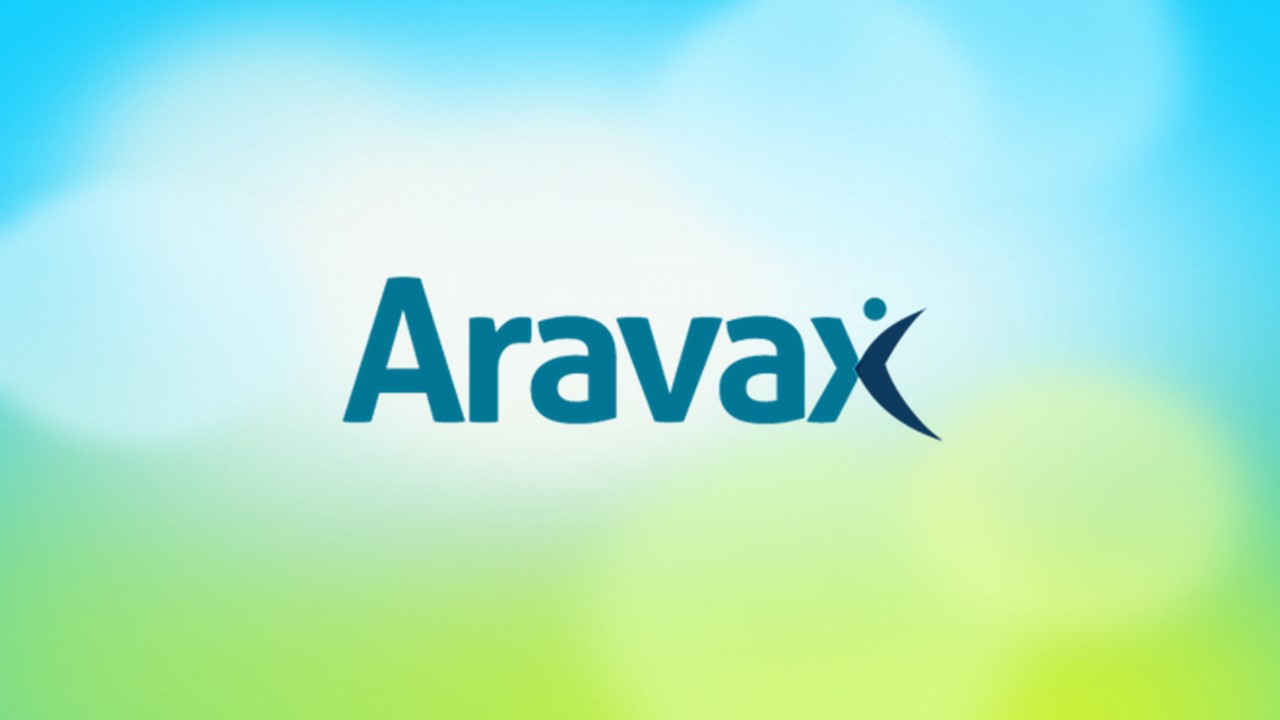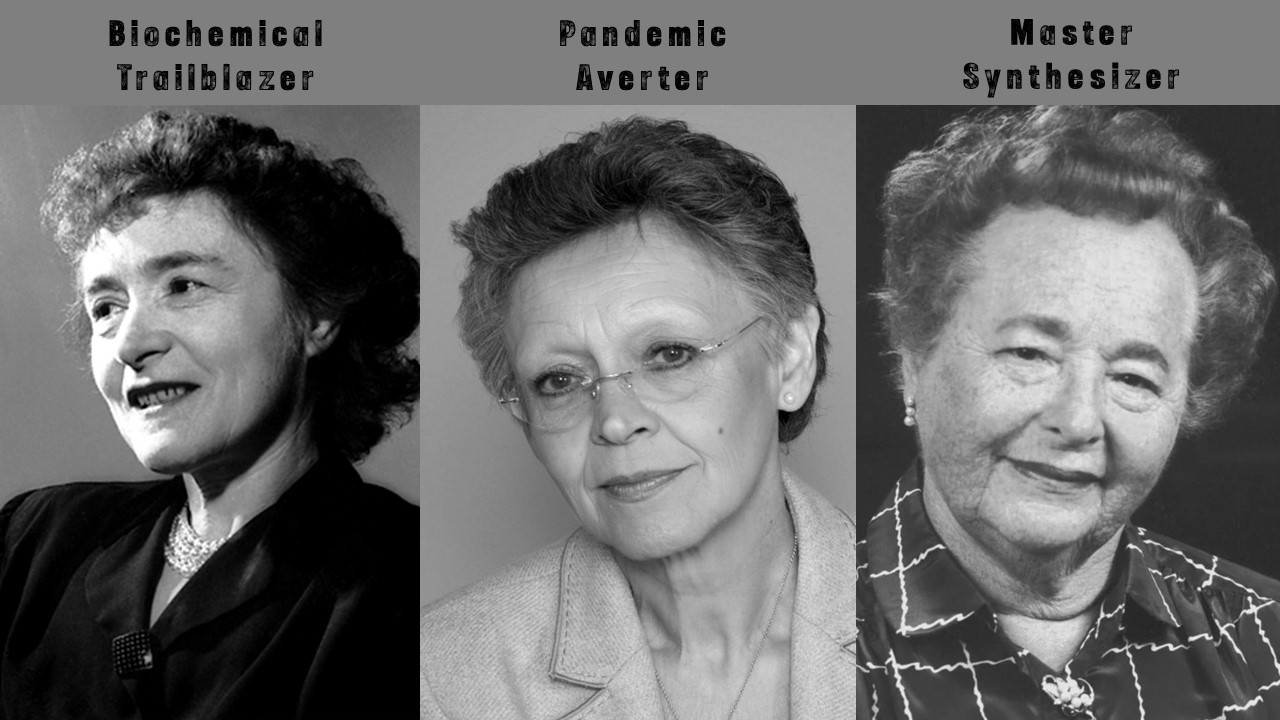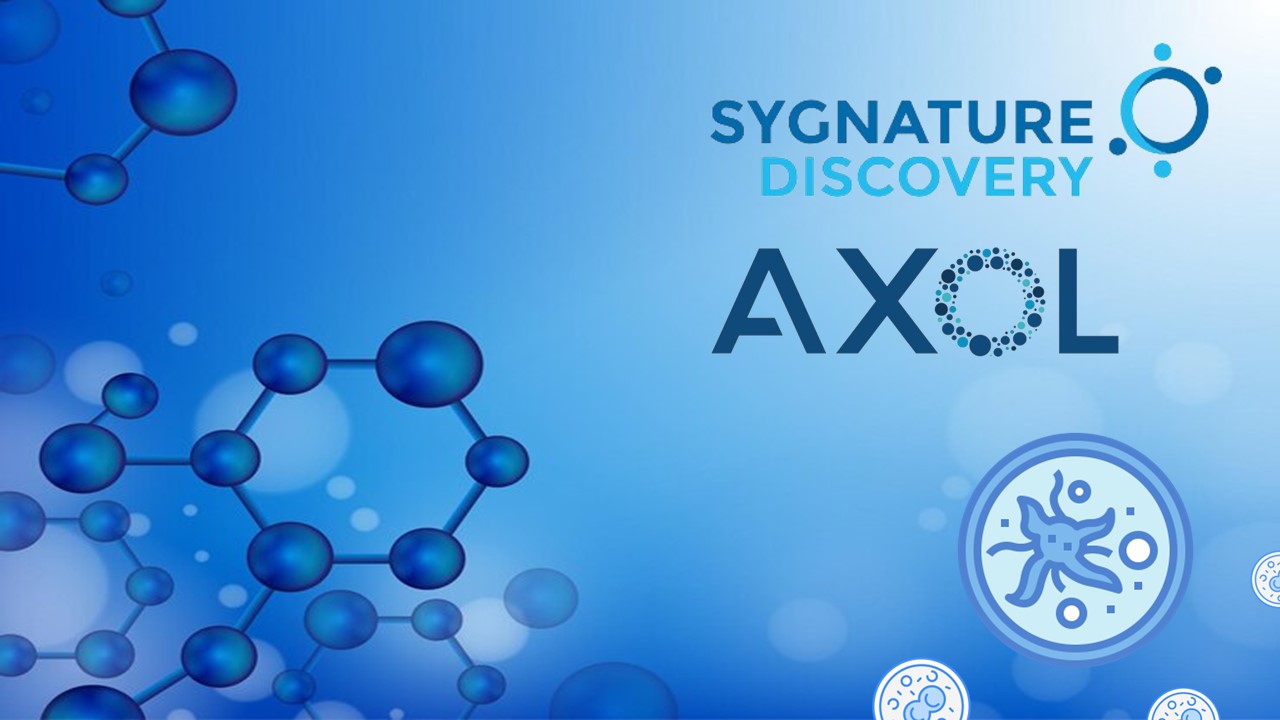Insightful Science to buy cloud company Omiq
13-Jan-2022
Insightful Science, the software company behind the Cloud for Scientific Discovery, announced plans to acquire Omiq – a company specializing in software-based solutions for drug discovery and development. Omiq’s focus is in high dimensional flow cytometry, a crucial technique throughout the R&D stage of drug development. The move follows significant recent additions to Insightful Science’s software portfolio, with the company seeking to provide a comprehensive breadth of software. Omiq CEO, Chris Ciccolella, expressed hope in expanding their own solutions alongside Insightful:
“Our new partnership with Insightful Science will enable us to expand our team and capabilities tremendously, and ultimately deliver greater software across a wider set of workflows to meet the ambitious scientific goals of the researchers we serve. We very much look forward to working with our colleagues at Insightful Science to realize these goals.”
AstraZeneca forms new partnerships with BenevolentAI, Scorpion Therapeutics
13-Jan-2022
BenevolentAI, an Artificial Technology firm, announced plans to expand on their partnership for drug discovery with AstraZeneca. The expanded collaboration sees the addition of systemic lupus erythematosus and heart failure to the drug-discovery pipeline of their ongoing partnership which covered chronic kidney disease and idiopathic pulmonary fibrosis. The move further signifies the growing importance of AI in the R&D process.
AstraZeneca also announced plans for a collaboration with Scorpion Therapeutics on working to identify and develop treatments for previously undruggable cancer targets. The move is backed by hopes that Scorpion Therapeutics’ unique drug discovery platforms – leveraging machine learning, chemical proteomics and structure-based drug design – will enable the targeting of tumour-related transcription factors, long hypothesized to be ideal targets for treatment but previously undruggable using conventional methods.
Bristol Myers Squibb to partner with Century Therapeutics, Prellis Biologics
13-Jan-2022
Bristol Myers Squibb (BMS) has announced a new collaboration with Century Therapeutics, a company specializing in induced Pluripotent Stem Cell (iPSC)-derived allogeneic cell therapy for oncology, for the development and commercialization of up to four iPSC-based treatments, either natural killer or T-cell based. The collaboration will see Prellis earn $150m upfront, with the potential for up to $3b additional payments plus royalties. The move signifies the growing importance of new iPSC technologies in iterating upon existing immunotherapies to leverage them against the complexities of solid tumours, as well as haematological malignancies.
Prellis Biologics also announced a partnership with BMS, which will see them collaborate on the generation of novel antibodies using Prellis’ proprietary EXIS and LNO technologies, which have shown potential to discover antibodies to break tolerance mechanisms in less than two weeks. The fiscal details of the transaction were not disclosed.
Sanofi to work with ABL Bio for Parkinson’s and Exscientia for AI
12-Jan-2022
ABL Bio announced plans to work with pharma giant Sanofi to advance the development of ABL301 for the treatment of Parkinson’s Disease. The transaction will see ABL Bio receive $75m upfront with the potential for a further $985m in potential milestone payments in exchange for exclusive development and commercialization rights for Sanofi. ABL301 is a promising bispecific antibody with a brain shuttle enabling it to cross the blood-brain barrier, marking it as a potential first-in-class treatment for Parkinson’s and other alpha-synucleinopathies.
Sanofi also announced plans for a partnership with Exscientia for the development of precision-engineered medicines using artificial intelligence. The collaboration will span the areas of oncology and immunology, and will see Sanofi utilize Exscientia’s AI expertise from target development to patient selection. The agreement will see Exscientia receive $100m upfront, with the potential of up to $5.2b in milestone payments, plus royalties. The move further signifies the growing interest around AI in drug discovery.
Amgen to partner with Arrakis for RNA Degradation
11-Jan-2022
Amgen has embarked on a new collaboration with Arrakis Therapeutics for the development of small molecules that will enable targeted RNA degradation of proteins involved in disease across a range of therapeutic areas. The move will see Arrakis receive $75m upfront for the initiation of five discovery programs, with the option to nominate additional targets, with the potential for several billions in milestone and royalty payments. Amgen hopes the technology offered by Arrakis will enable them to reach drug targets and outcomes that were not previously possible, as expressed in a statement by Raymond Deshaies, VP:
“The collaboration with Arrakis combines Amgen’s induced proximity expertise in discovering multispecific molecules to target the biologic mechanisms of disease and Arrakis’ pioneering discovery platform to predict RNA structures and identify small molecules that bind to them, significantly broadening the possibilities of addressing difficult protein targets considered undruggable because they may not have binding sites needed for conventional medicines.”
Takeda to purchase Adaptate Therapeutics for novel oncology therapies
10-Jan-2022
Takeda announced plans for the acquisition of Adaptate Therapeutics, a British company focusing on the development of immunotherapies for cancer. The move will add Adaptate’s unique variable delta gamma 1 (Vδ1) gamma delta (γδ) T cell pipeline to the Takeda portfolio, strengthening their position in oncology, as stated by the Takeda Head of Oncology Cell Therapy and Therapeutic Area Unit:
“Adaptate’s γδ T cell engager platform and the team’s deep understanding of γδ T cell biology gives us an opportunity to develop a new class of therapeutics that tap into powerful innate immune mechanisms. The planned acquisition will strengthen our immuno-oncology R&D efforts as part of our ongoing pursuit of life-transforming medicines for patients with cancer.”
Bayer to collaborate with Mammoth for cell and gene therapy
10-Jan-2022
Bayer will be working with Mammoth Biosciences for the advancement of in vivo cell and gene products using the latter’s CRISPR systems. Bayer hopes Mammoth’s novel technologies will accelerate drug development while also diversifying their own CRISPR platform, with liver-targeted diseases being the initial focus. Mammoth will receive an initial payment of $40m, with the potential of over $1b in earnings with milestone and royalty payments.
Moderna forms collaboration for CAR-M therapies with Carisma
10-Jan-2022
Moderna announced plans to develop Chimeric Antigen Receptor Monocyte (CAR-M) therapies in collaboration with Carisma, seeking to combine the former’s leading mRNA and lipid nanoparticle technologies with the latter’s expertise in engineering macrophages. Carisma will receive a $45m upfront payment with eligibility for further milestone and royalty payments. The move capitalizes on Moderna’s successes in mRNA technology that saw it develop one of the most effective vaccine technologies for COVID-19.
Pfizer embarks on novel partnerships
10-Jan-2022
The last week saw Pfizer enter into multiple novel collaborative agreements, with the pharma giant flush with cash after successes over the pandemic. The first partnership will see Pfizer work with Beam for the development novel in vivo base editing treatments for rare diseases, with Beam receiving $300m upfront with the potential for up to $1.035b in future payments. The move will see mRNA base editors delivered to target organs within lipid nanoparticles, taking advantage of Pfizer’s significant mRNA expertise. Pfizer also announced a collaboration with Acuitas Therapeutics under which they will be able to license, non-exclusively, the latter’s lipid nanoparticle technologies for up to 10 targets. Acuitas’ technology was already used in Pfizer’s COMIRNATY vaccine for COVID-19, signifying the expansive importance of the area for Pfizer.
Another collaboration with Pfizer was announced by Dren Bio for the discovery and development of multiple therapeutic antibodies for oncology targets, using Dren’s proprietary Targeted Myeloid Engager and Phagocytosis platform. As part of the transaction, Dren will receive $25m upfront, with the potential to earn more than $1b in future payments. The partnership hopes to expand the benefit of immunotherapies through unique bispecific antibody technologies, and promote durable clinical responses.
Merck embarks on new AI partnership with Absci
07-Jan-2022
In a trend of increasing cooperation and adoption of Artificial Intelligence technologies, Merck has formed a partnership with Absci to accelerate their own drug discovery pipelines. Absci harnesses the power of deep learning using their own proprietary Integrated Drug Creation platform, as well as their Bionic Protein non-standard amino acid platform for the creation of enzymes. The move will see Absci be eligible for up to $610m in future milestone payments, should Merck exercise its option to nominate three drug discovery targets. The collaboration signifies the growing importance of AI in the drug discovery field.
Subscribe
to get our
LATEST NEWS
Related Posts

Leadership, Trends & Investments
Aravax Continues International Expansion with Appointment of Aled Williams as Chief Business Officer
Aravax announces the appointment of Alex Williams as Chief Business Officer.

Leadership, Trends & Investments
The Immigrant, The Career-Undecided, and The Supermarket Supervisor-turned-Scientist
Learn more about the 1947, 1988, and 2008 Physiology or Medicine Female Nobel Laureates.
Read More Articles
Myosin’s Molecular Toggle: How Dimerization of the Globular Tail Domain Controls the Motor Function of Myo5a
Myo5a exists in either an inhibited, triangulated rest or an extended, motile activation, each conformation dictated by the interplay between the GTD and its surroundings.













